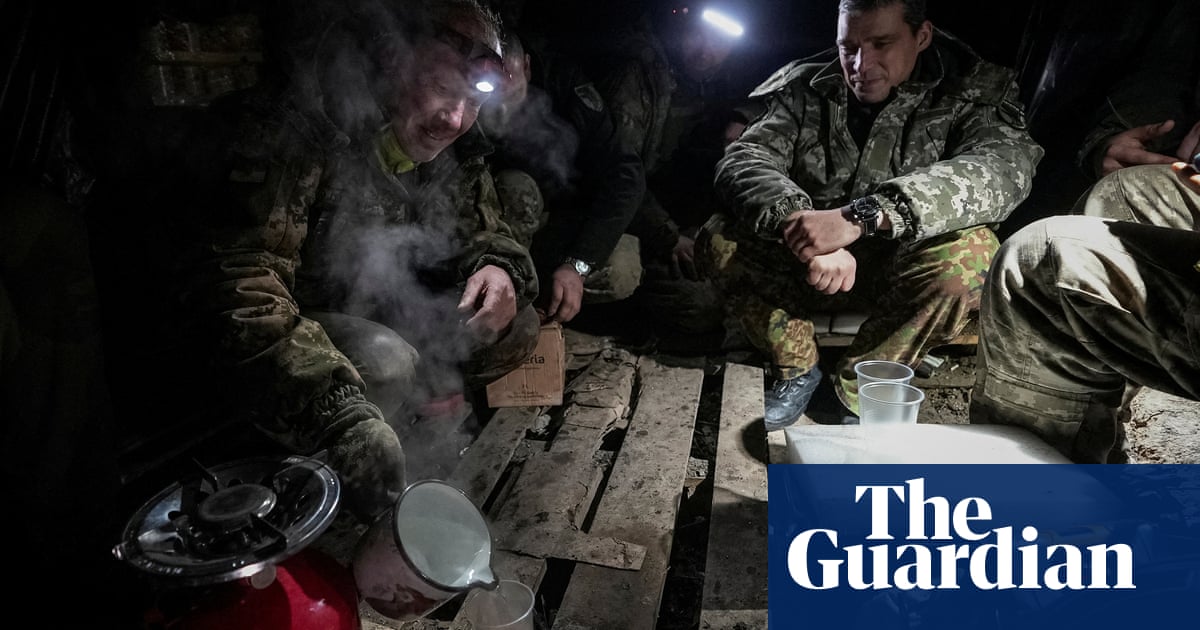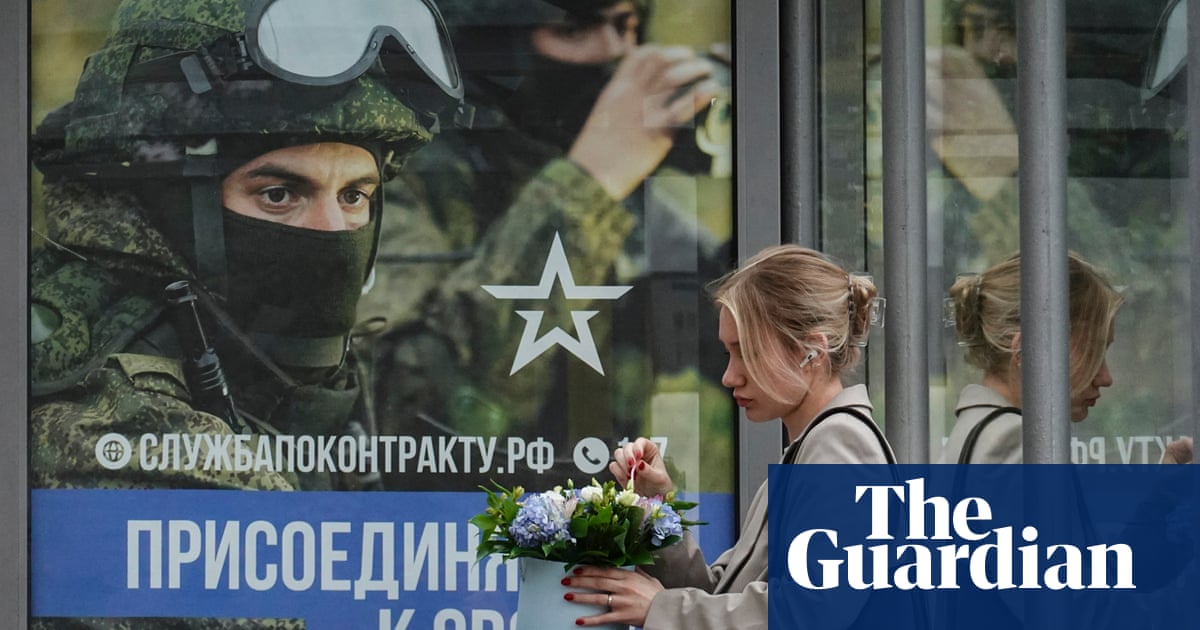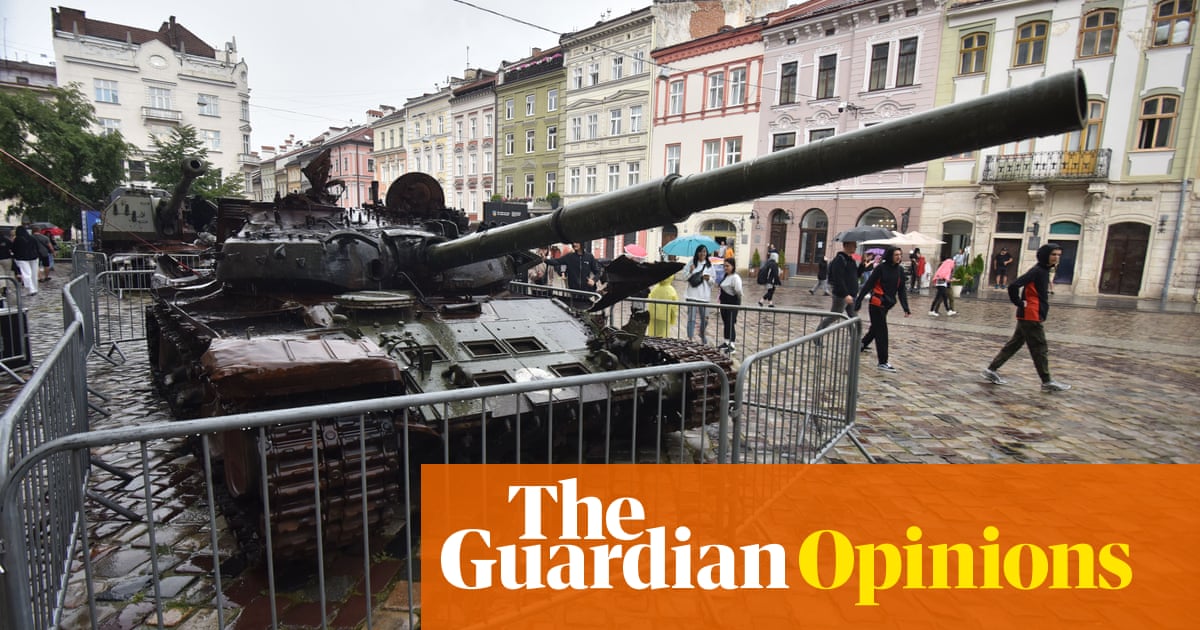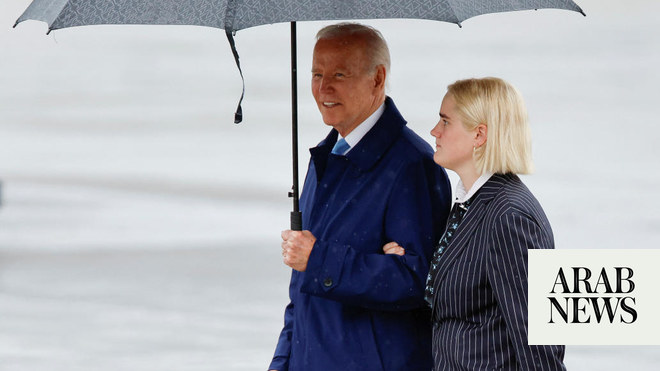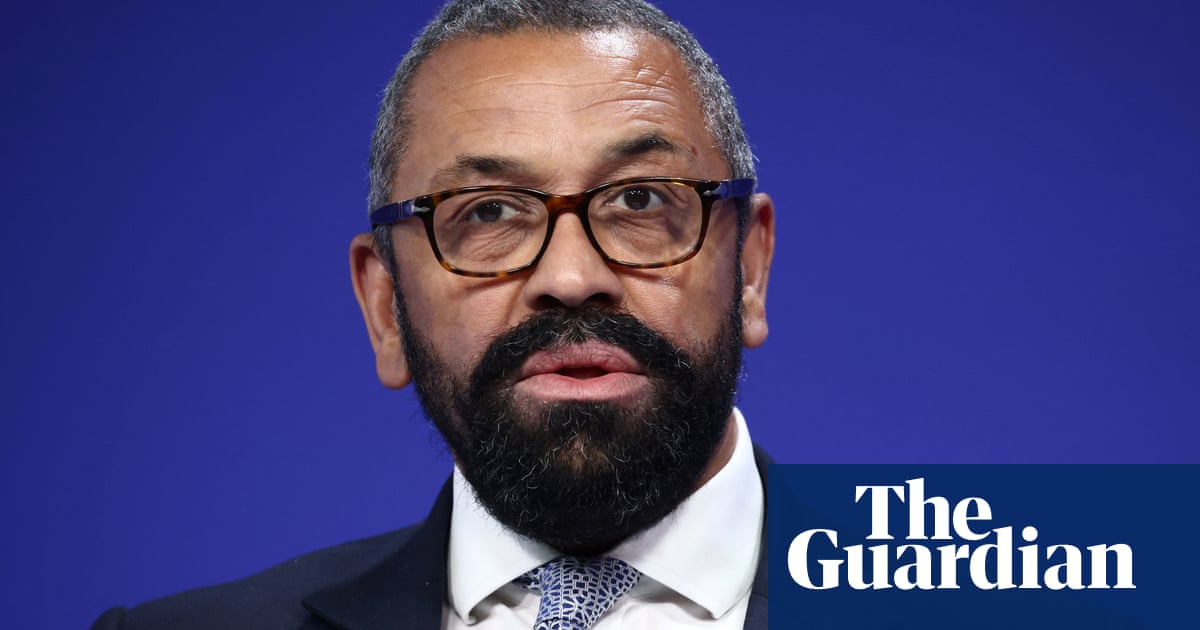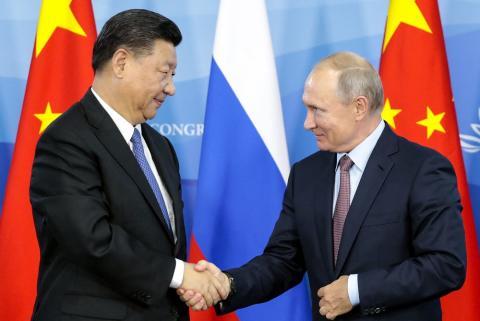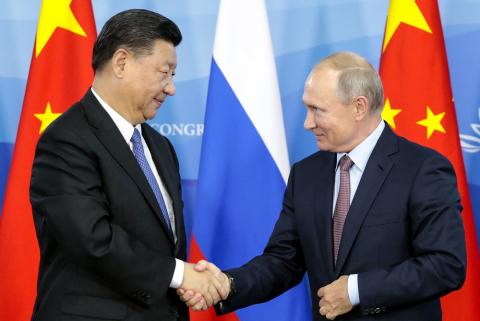
Western nations are preparing to stage coordinated walkouts and other diplomatic snubs in protest against Russia’s invasion of Ukraine at a meeting of G20 finance ministers in Washington.
The US treasury secretary, Janet Yellen, plans to avoid G20 sessions attended by Russian officials on the sidelines of International Monetary Fund and World Bank meetings on Wednesday. However, Yellen would attend an opening session on the Ukraine war regardless of Russian participation, a US treasury official said.
While some in western capitals argue that Russia’s actions should mean it is excluded from global meetings altogether, that is not a view shared by others in the G20, including notably China and Indonesia, which is chairing the group this year.
Moscow confirmed on Tuesday that Russia’s finance minister, Anton Siluanov, would lead its delegation at the talks despite repeated protestations by western diplomats that the meeting could not go ahead as usual during a war in which thousands of civilians have been killed in Russian bombardments.
“During and after the meeting we will be certain to send a strong message and we will not be alone in doing so,” a German government source said, accusing Russia of starting a conflict that has also sent world food and energy prices soaring.
A French finance ministry official said they expected some ministers from G7 nations to leave their seats when their Russian counterpart was due to speak.
Reuters had cited a source saying the UK chancellor, Rishi Sunak, would also not attend certain G20 sessions. However, a Treasury spokesperson said Sunak was not attending G20 sessions because of domestic diary pressures rather than a boycott, adding that the UK would be represented at all G20 meetings by the chancellor’s finance deputy, Lindsey Whyte.
The divisions widened by the Ukraine war raise questions over the G20’s future as the world’s premier economic policy forum.
The French and the German officials said there would be no agreed communique at the end of a meeting that had been originally scheduled to discuss the state of the global economy, and coordinating vaccine and other pandemic efforts.
Apart from the G7 nations – the US, Canada, Japan, Britain, France, Germany and Italy – the G20 also incorporates emerging economies including China, India and Brazil that have starkly different views on how the global economy should work.
The invasion of Ukraine and the fact that some G20 nations have chosen not to follow western sanctions on Russia is only the latest challenge to efforts to construct a global set of rules for trade and finance.
The US and China have long traded accusations of protectionism, while the fact that world trade is growing more slowly than the global economy as a whole has prompted further questions about the future of globalisation.
Before the G20 meeting, a top IMF official warned of the risk of a fragmenting global economy. “One scenario is one where we have divided blocs that are not trading much with each other, that are on different standards, and that would be a disaster for the global economy,” said the fund’s chief economist, Pierre-Olivier Gourinchas.
Separately, the IMF slashed its forecast for global economic growth by almost a full percentage point, citing Russia’s war in Ukraine, and warning inflation was a “clear and present danger” for many countries.





